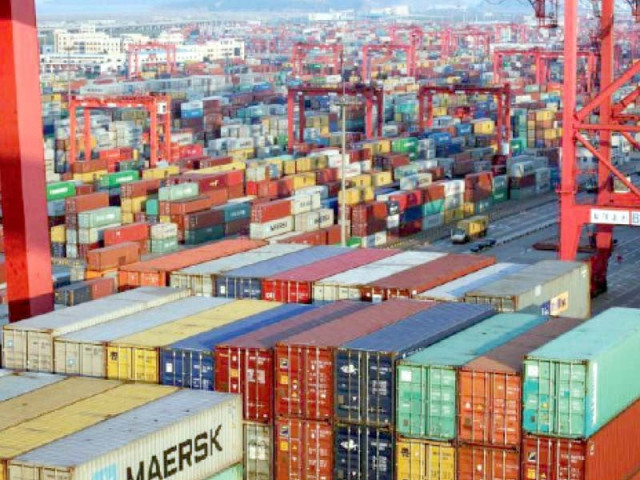Lack of steps to revive economy
Focus should have been on cutting expenses, broadening tax base

Considering Pakistan’s current challenging times, it was anticipated that the budget for 2023-24 would focus on cutting expenses including tax exemptions, broadening the tax base, and implementing other reforms insisted upon by the IMF/ World Bank.
These measures would have significantly alleviated inflation, slowed down borrowing, and reduced the likelihood of an anticipated sovereign default. Regrettably, most of these expectations were not met, leading the International Monetary Fund (IMF) to label the budget as a missed opportunity.
Why is this budget being called a missed opportunity? What alternative approaches could have been adopted within the severe financial constraints to make use of the crisis to reform?
Firstly, considering Pakistan’s difficult economic situation and the struggle to raise new loans, the government should have closely linked revenue and expenditure to determine annual budget allocations.
With net revenue (after paying provincial share) of Rs6,887 billion, there is no justification for expenses of Rs14,460 billion.
Significant reductions could have been made in notable sectors where a substantial portion of tax revenues and loans are already being allocated. These sectors include defence (Rs1.8 trillion), salaries and pensions (Rs1.4 trillion), subsidies (Rs1.07 trillion), and the federal Public Sector Development Programme (Rs1.15 trillion).
However, instead of reducing expenses, these areas saw much higher allocations, mostly exceeding 20% compared to the previous year.
Second, curbing inflation should have been a linked priority. Inflation is currently hovering around 40% (with food inflation at approximately 50%), reaching the highest levels since comparable records began in 1957. This is despite the fact that global oil and food prices have fallen by 15-20% over the last two years.
With such unprecedented levels of government spending, high inflation is likely to continue plaguing the country in the near future, despite a significant fall in international commodity prices.
Third, measures were needed to increase foreign exchange earnings from major sources such as remittances, exports, and foreign direct investment.
While some measures were taken to induce expats to remit more foreign exchange, such as exemption from source declaration on amounts up to $100,000, the issuance of “Diamond Card” for overseas Pakistanis and a lottery scheme, these are unlikely to achieve the remittance target of $33 billion, which represents a 25% rise over the previous year.
Similarly, exports and foreign direct investment have also been on a declining trend compared to the previous year. Wide-ranging budgetary measures should have been taken to reverse this trend.
As far as exports are concerned, previously many thought that the key lies in devaluing the currency. However, this has not been the case as even a devaluation of over 80% over the last two years has failed to boost exports.
It is crucial to heed the advice of experts who believe that the import tariff regime is the main hindrance to export growth. Studies conducted by the World Bank, the National Tariff Commission and numerous other experts consistently attribute stagnant exports to the high effective import tariff rates in Pakistan.
While the 2023-24 budget does include a few positive changes in tariff rates, such as the elimination of duties on seeds, solar equipment, raw materials and certain agricultural machinery, these adjustments are minor tweaks. What we truly require is a comprehensive overhaul.
Another crucial area that requires extensive reforms is the energy sector, which has been an Achilles heel for Pakistan’s economy. The fiscal cost of the energy crisis is estimated at 1.2% of GDP each year.
The budget for 2023-24 was expected to indicate policy changes related to deregulation, reduction of circular debt, a better energy mix, and increased competition through a reduced role of the government.
While some steps have been taken, such as promoting renewable energy and introducing taxes on high energy-consuming electrical appliances, these measures are insufficient to meet the vast challenges.
In various pre-budget seminars, the finance minister explicitly stated that this was not the time for reforms. However, in most other countries that encountered similar economic challenges, crises were regarded as opportunities for reform. Therefore, the budget can be called a missed opportunity.
The writer is currently serving as an international trade arbitrator. He has previously served as Pakistan’s ambassador to WTO and FAO’s representative to the United Nations at Geneva
Published in The Express Tribune, June 19th, 2023.
Like Business on Facebook, follow @TribuneBiz on Twitter to stay informed and join in the conversation.


















COMMENTS
Comments are moderated and generally will be posted if they are on-topic and not abusive.
For more information, please see our Comments FAQ